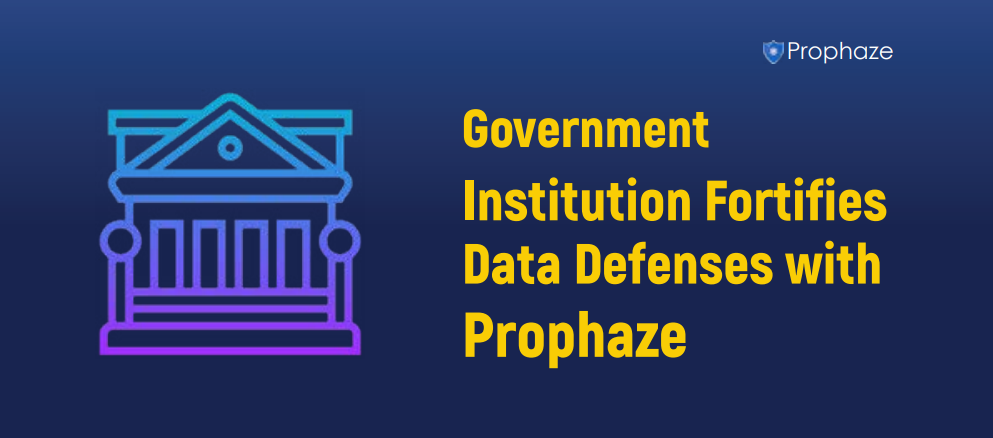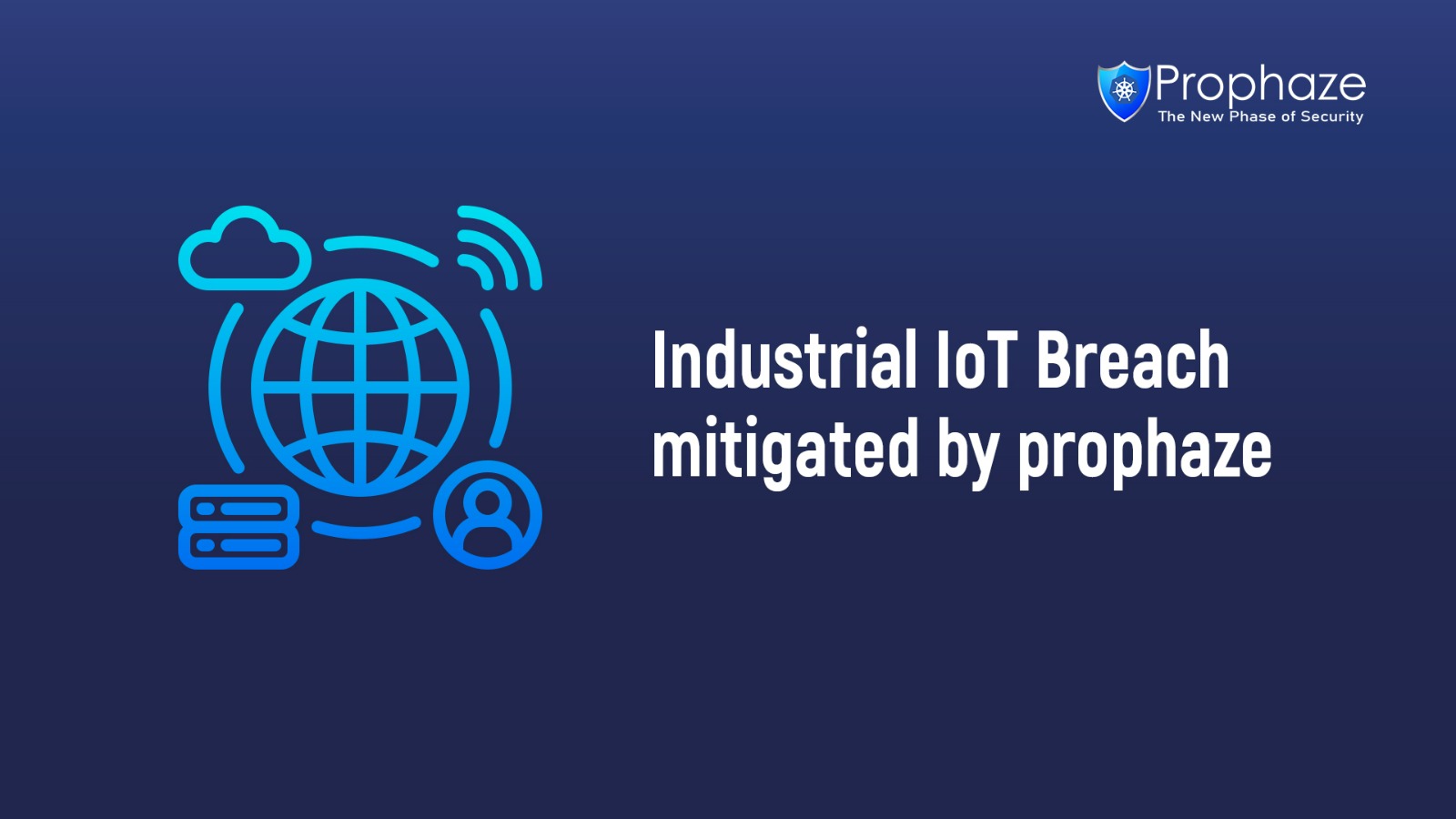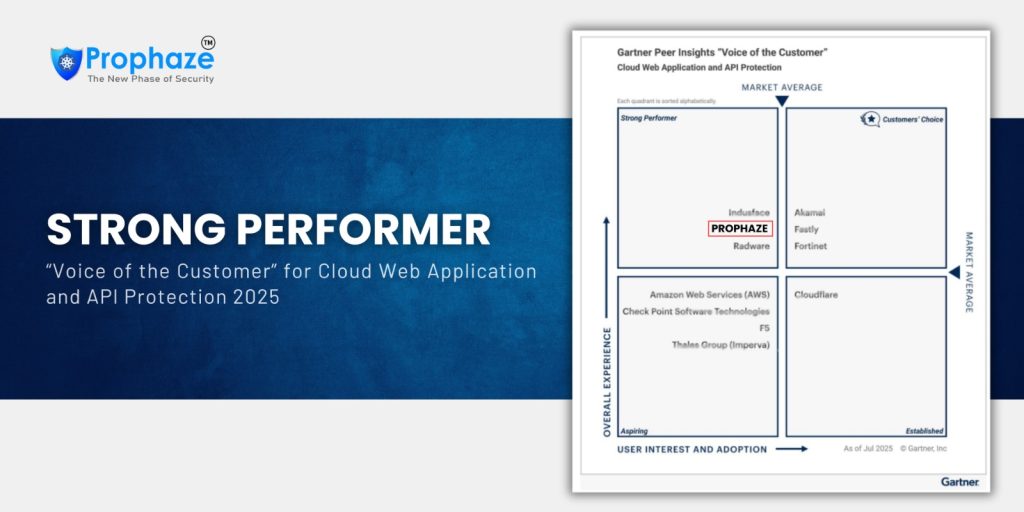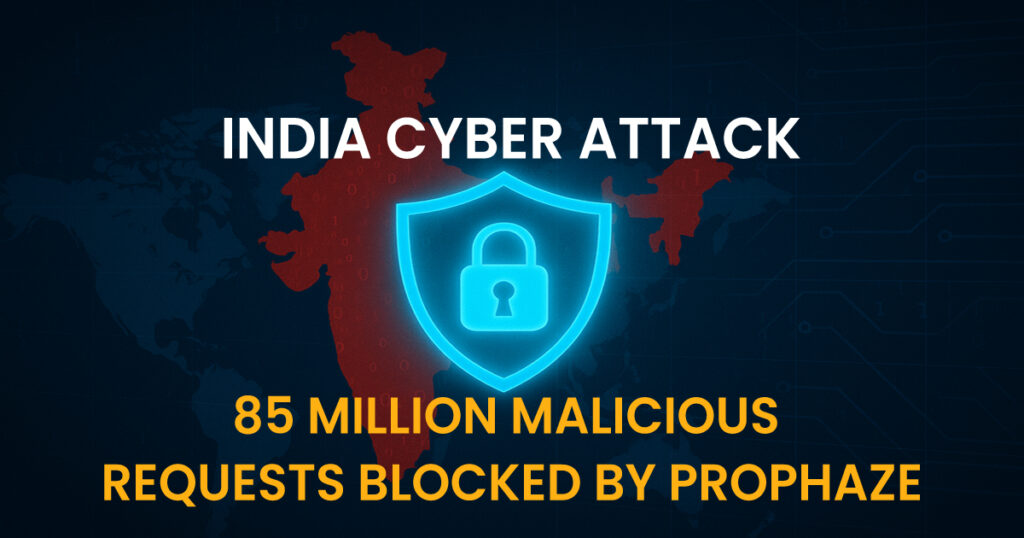Securing Seamless Traffic Distribution on E-commerce Websites
In today’s digital landscape, e-commerce websites are essential to connecting businesses with consumers. E-commerce websites are increasingly becoming the target of DDoS attacks. In 2022, there was a 20% increase in DDoS attacks on e-commerce websites, and the trend is expected to continue in 2023. However, with the increasing reliance on online platforms, the risk of Distributed Denial of Service (DDoS) attacks has grown substantially. These attacks can disrupt the seamless traffic distribution on e-commerce websites, leading to significant financial losses and damage to brand reputation.
DDoS Attacks Are Getting More Advanced
DDoS attacks are becoming more sophisticated DDoS attacks are becoming more sophisticated, making them harder to defend against. This is because attackers use more advanced techniques, such as multiple attack vectors and botnets, to generate more traffic.
-
According to a report by the Anti-DDoS Service Providers Council (ADSPC), the average cost of a DDoS attack on an e-commerce website is $2.5 million. This means that even a small DDoS attack can be extremely costly for an e-commerce business.
-
The growing popularity of e-commerce means there are many targets for DDoS attacks. This is because e-commerce websites tend to be of higher quality and attract more traffic. A study showed that 70% of e-commerce websites suffered DDoS attacks in the past year.
-
This is a significant number and indicates that DDoS attacks are a real threat to eCommerce businesses A SANS survey found that only 30% of businesses have a plan in place to deal with DDoS attacks. This means that most businesses are vulnerable to attacks.
Challenges Faced in Combating DDoS Attacks
Some of the challenges faced by e-commerce websites to drive traffic seamlessly include:
Increasing DDoS attacks:
DDoS attacks are becoming more sophisticated, making them more difficult to defend against.
The rise of e-commerce:
The rise of e-commerce means that there are more targets for DDoS attacks.
Lack of awareness of DDoS attacks:
Many eCommerce businesses are unaware of the dangers of DDoS attacks or lack the resources to implement effective security measures.
Another Emerging Threat
In addition to traditional DDoS attacks, e-commerce websites also face additional threats, e.g.
IoT-based DDoS attacks:
IoT devices are increasingly being used to launch DDoS attacks. These attacks are difficult to defend against because they are difficult to detect.
Botnet-based DDoS attacks:
Botnets are infected computers that can be subjected to DDoS attacks. Botnet-based DDoS attacks are typically very large and can be difficult to mitigate.
State-sponsored DDoS attacks:
State-sponsored DDoS attacks are initiated by governments or other organizations with the intention of destroying or stopping websites. These attacks are often very sophisticated and can be difficult to defend against.
Smooth Operations Enhancement

By implementing these measures, e-commerce websites can effectively mitigate the impact of DDoS attacks, maintain seamless traffic distribution, and provide a secure and reliable experience for their users.
Traffic Monitoring and Analysis:
By implementing robust traffic monitoring and analysis systems, e-commerce website administrators can quickly detect and respond to potential DDoS attacks. This ensures that legitimate users can continue to access the website without interruption, improving their overall experience.
Scalable Infrastructure:
Building a scalable infrastructure allows e-commerce websites to handle high volumes of traffic, even during DDoS attacks. Techniques like load balancing and leveraging CDNs help distribute traffic efficiently, preventing a single server from becoming overwhelmed. As a result, the website remains accessible to users, maintaining their trust and satisfaction.
Web Application Firewall (WAF):
Deploying a Web Application Firewall (WAF) becomes crucial as an initial defense against DDoS attacks in the context of e-commerce. By identifying and blocking malicious traffic, the WAF safeguards e-commerce websites from common attack vectors. This proactive filtering ensures uninterrupted service for legitimate users and maintains the security of their sensitive information.
Configuring Uninterrupted Security
Among the various solutions available, Prophaze stands out as a reliable and efficient solution for mitigating DDoS attacks on e-commerce websites. Prophaze offers advanced DDoS protection with its cutting-edge technology and intelligent algorithms. Prophaze’s robust traffic analysis and behavioral anomaly detection capabilities enable it to identify and mitigate DDoS attacks in real time, ensuring uninterrupted service for legitimate users.
Prophaze ensures uninterrupted e-commerce operations by mitigating DDoS attacks through advanced security features and proactive measures, safeguarding seamless traffic distribution, and protecting legitimate users.












